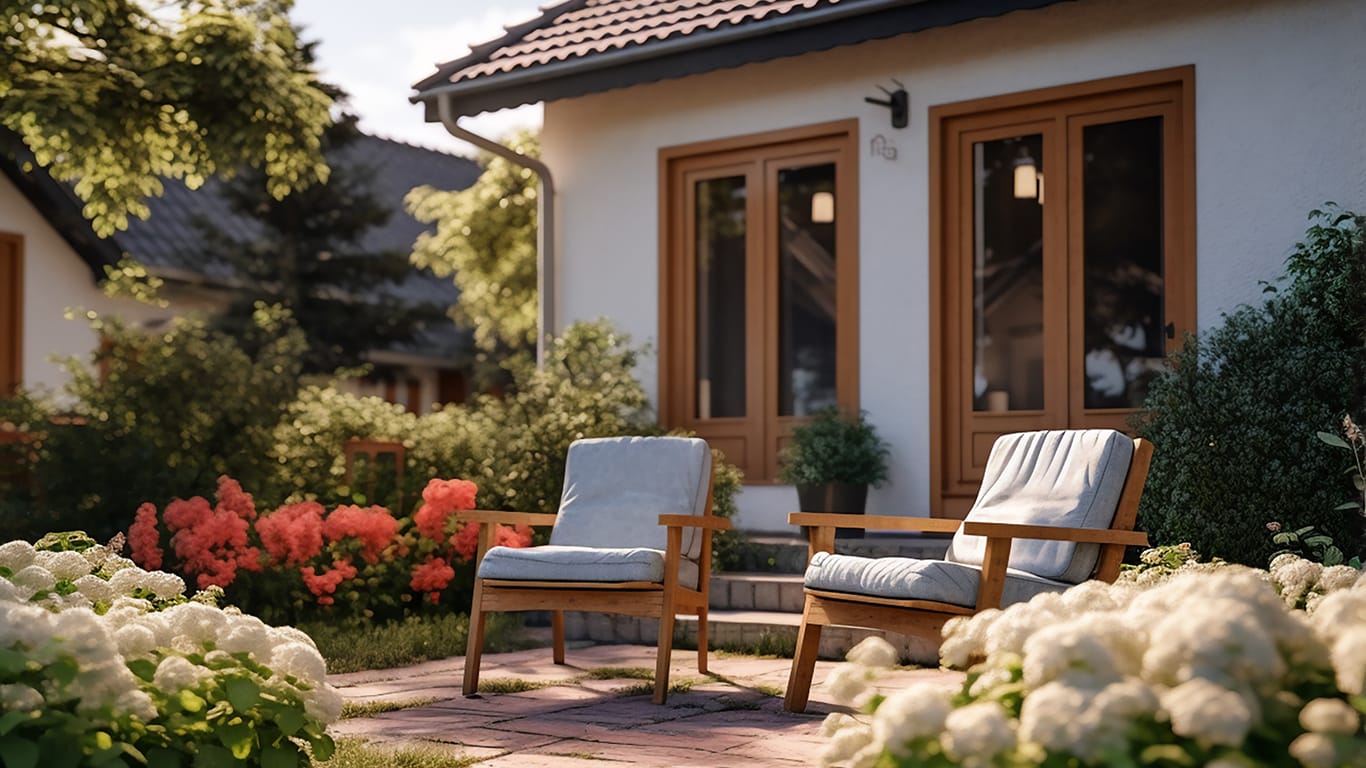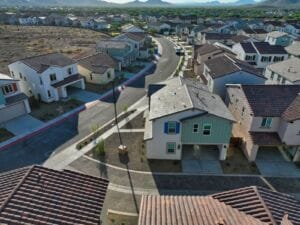Multigenerational housing, defined as three or more generations living under one roof, is on the rise in Arizona. According to U.S. census data, multigenerational housing in Maricopa County was 7.8% as of 2020, equating to nearly 85,000 households, many of them utilizing backyard casitas. In comparison to the rest of the U.S., the national share was reported as 7.2%.
LEARN MORE: Here’s how homebuyers are being hurt by interest rates, inventory issues
This housing trend is booming for a plethora of reasons, all beneficial across age groups. I have seen friends and clients of different backgrounds thrive in multigenerational households. One of my clients, a millennial couple, can maintain their demanding full-time careers while still nurturing their growing family as their parents reside in the home. With grandparents reliably available for childcare, the couple has made strides in their career that wouldn’t have been possible without the support at home. Another reason I’ve heard from clients who embraced this type of household is a desire to keep aging parents or sick family members close to home – especially common when a family member takes up the role of a caregiver.
Conversely, younger people are increasingly moving back into family homes to recuperate finances after enduring high rental costs, or delaying their move-out while saving up for a first home. I have seen Gen Z couples who, after getting married, decide to continue living with a spouse’s parents as they kick-start their lives together.
A housing solution meeting the needs of multigenerational families is the ever-versatile backyard casita, also known as an accessory dwelling unit. Whether a stand-alone structure or an attached addition, incorporating a casita in a house provides families flexibility and independence while staying close to loved ones. Smaller than a primary residence, these living areas are either attached to the main home or are stand-alone buildings in a property’s backyard.
In late 2023, Phoenix and Tempe made the acquisition of a backyard casita easier for Arizonans by allowing homeowners to apply for ADU construction. The decision to approve building casitas is speculated to have been made due to a shortage of available homes on the housing market. While some municipalities like Chandler still restrict homeowners from installing accessory dwellings, this latest ruling opened various avenues for curious homeowners and buyers.
Backyard casitas are excellent for multigenerational families for a variety of reasons, namely that they afford family members privacy while keeping everyone close to home. The backyard casita can be both a temporary and permanent housing solution, and while unoccupied, serve as a utility-flexible space that increases a home’s ROI. For example, after a newly wedded young couple moves out of a backyard casita into their first home, the property-owner parents could rent the casita out as a passive source of income, or utilize it as a quiet office for conducting business meetings. Aging parents can continue living independently but stay comforted knowing loved ones are seconds away.
While constructing backyard casitas can be costly, especially when certifying habitation, and time-consuming to build, some companies are making the purchase more accessible by providing modular-style housing. These units are assembled in a factory and come pre-certified, meaning a homeowner can order and immediately move into the unit upon delivery. Modular-style casitas are excellent for families whose living circumstances change rapidly and necessitate the immediate move-in of a family member. Rather than wait months for a casita to be built from scratch, these companies offer multigenerational families a ready-built solution during a stressful transitional period.
If you’d like to discuss how adding a backyard casita to your home might benefit your multigenerational family’s needs, or if you’re interested in finding a property with an accessory dwelling unit, please visit www.rplegacygroup.com, contact me via cell at (480) 869-4910, gpetratis@gmail.com or find me on Instagram @rplegacygroup.
Author: Gabriel Petratis is a REALTOR at RE/MAX Fine Properties. To learn more, please visit www.fineprop.com.




